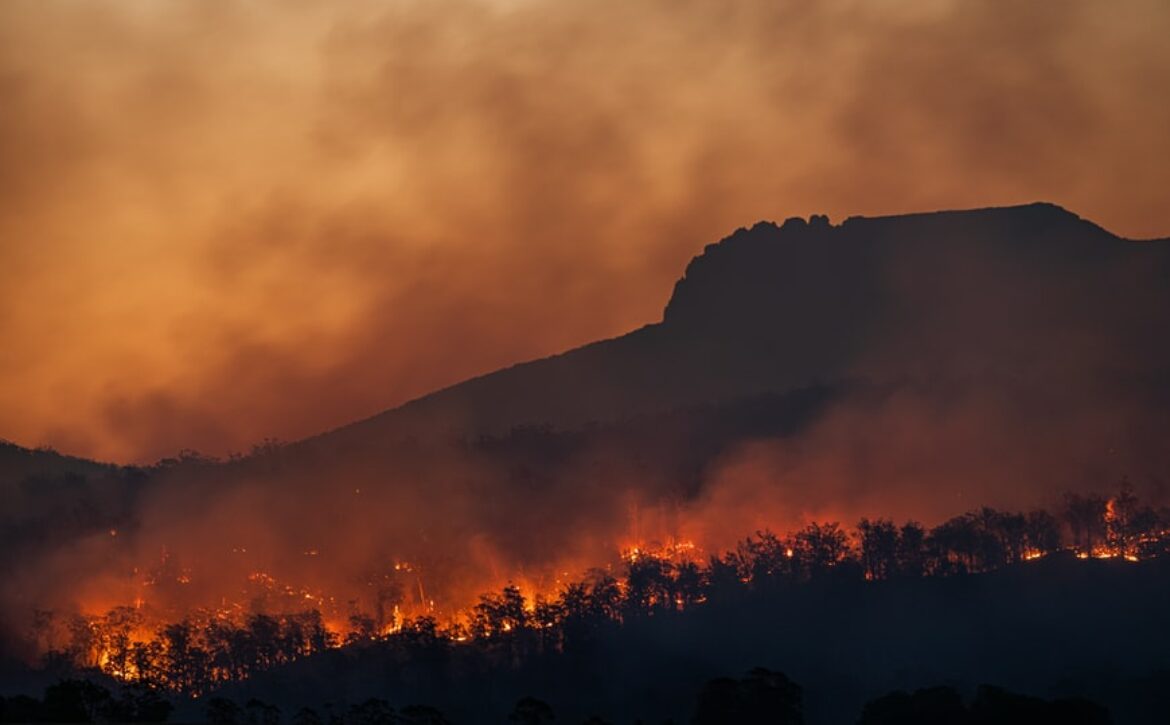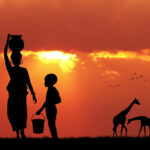The Importance of Disaster Preparedness in a Time of Climate Change

In the eighth instalment of Society Talks, the conversation focused on the need for disaster preparedness, to ensure that the impact of natural disasters and pandemics are kept to a minimum, especially in reflection of the Cyclone Idai and in the context of the COVID-19 pandemic. The panelists included Maggie Mwape, Co-Chair of the Southern Africa Youth Forum and Executive Director for the Centre for Environmental Justice, Chikondi Chabvuta, Southern African Humanitarian Advisor for Action Aid International, Wellington Mahohoma, a volunteer for the Citizens Initiative in Zimbabwe, hosted by Masego Madzwamuse, CEO of the Southern Africa Trust.
Chikondi responded to the question of what previous disasters like Cyclone Idai have taught us, starting with how the community needs early warning messages, even if that information is not entirely accurate (from Weather Bureau). Having preparedness plans in place, educates the community on what steps they need to take, as well as mapping community groups and government agencies that offer support and resources. Another shortfall is how the culprits behind the climate change are not taking the lead in responding (climate justice). From the COVID-19 perspective, it just highlights the existing vulnerabilities and challenges on a humanitarian level, globally.
Undertaking a vulnerability analysis involves checking the risks that exist in that community, who is impacted by the risks, with the community themselves coming up with mechanisms that can address the challenges– a process that is most successful when led by women.
Maggie told of how the SADC region has a Disaster Risk Reduction Strategy for helping countries affected by natural disasters, in terms of financial and technical support, but as a region, we are not ready. The challenge is always resources, followed by difficulty in implementing the strategies and innovations.
Wellington shared how his organization, in the aftermath of Cyclone Idai, appealed on social media for donations, the response of which was quite good – demonstrating that there is a new platform for support. He mentioned corruption and how sad it is that it exists in times of disaster management. Also talking to trust and credibility of the information that is sent out to communities, and if they use that information.
Chikondi spoke of how there seems to be very little learning from each disaster. Relating to a meeting in Zimbabwe earlier in the year, she noted how strong the response was from the community for a need to be involved in the planning to ensure that their grassroots structures are actually working. This includes using their indigenous knowledge as well as science to inform planning and making people accountable when the plans don’t work. Masego also mentioned how the information about climate change that links to the natural disasters, is not getting through to the communities, so planning and policies are not built on the knowledge.
Maggie explained that the language used to explain climate change must be one that is understood at the community level – so that the people understand their roles and their rights in claiming for climate justice. This enables them to take part in forming the solutions.
Wellington spoke on the need to account for every dollar of donated money, as well as ensuring that value is obtained. He said a project’s progress could be tracked on social media – enabling the quick sharing of information (money, spending etc.) – and this would be a big step towards avoiding corruption. Also, making communities aware that they have the right to demand accountability from the office bearers, that need to go beyond the point of just receiving aid.
Chikondi reiterated the need for accountability for the various Disaster Funds and resources that are available for people, making them more accessible. She said there must be decentralization of these funds, ensuring the communities know about them and can access them. Maggie supported Chikondi’s statement, saying that the criteria for recipients of benefits actually disadvantages the community.
Chikondi stated that all the agencies in the region are working towards resilience – the key being that they need to work together, have collective action. Wellington spoke of his desire for communities to get to the point of being able to look after themselves. By relating to the communities as partners, you achieve more, in less time.
Looking to the future, we need to bridge the gap between government and civil society – a shared space to engage with community. To aspire to resilient communities where there is social justice and people’s rights upheld, with women and youth taking charge.
Click here to watch the full webinar.
=========================
Society Talks is a weekly public dialogue hosted by the Southern Africa Trust through a live stream on YouTube. The dialogue brings together stakeholders within the development and business community, civil society and the public to inform, engage and share experiences with the broader society.
Connect and participate every Wednesday at 16h00 Central Africa time (GMT +2).









